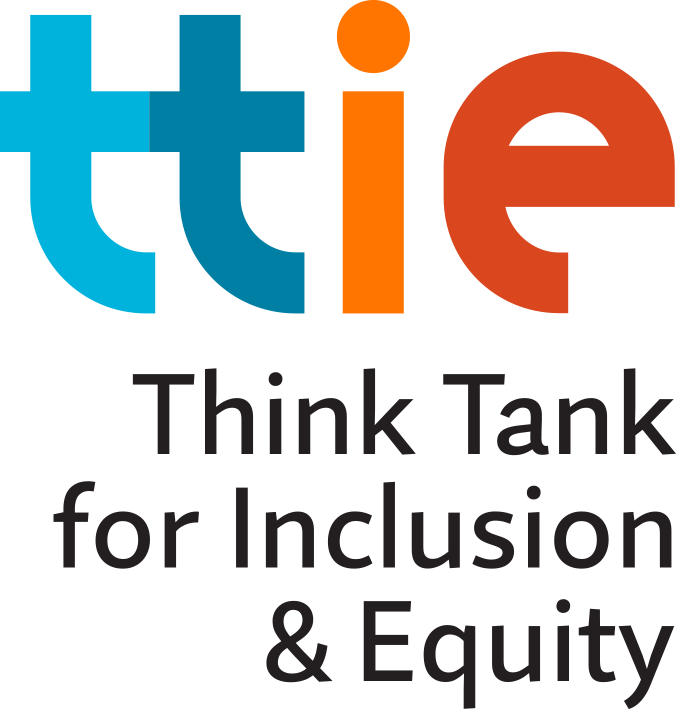Neglect
The Child Abuse Prevention and Treatment Act (CAPTA) – U.S. federal legislation – groups “child abuse and neglect” together, describing them as “any recent act or failure to act on the part of a parent or caregiver that results in death, serious physical or emotional harm, sexual abuse, or exploitation, or an act or failure to act that presents an imminent risk of serious harm.” However, neither CAPTA nor the federal government have defined “neglect” on its own. This ambiguity has created varying state definitions, and it has perpetuated disproportionate enforcement of BIPOC parents and guardians by child welfare agencies. Depending on the state, neglect may include excessive school absences, inadequate care (e.g., medical, psychological), and unmet basic needs (e.g., poor hygiene). Neglect is the most common form of maltreatment reported in U.S. child welfare investigations, and it’s often directly related to poverty (e.g., parents unable to afford childcare while working multiple low-wage jobs/long hours; children playing unsupervised outside of an urban residence). For more.
